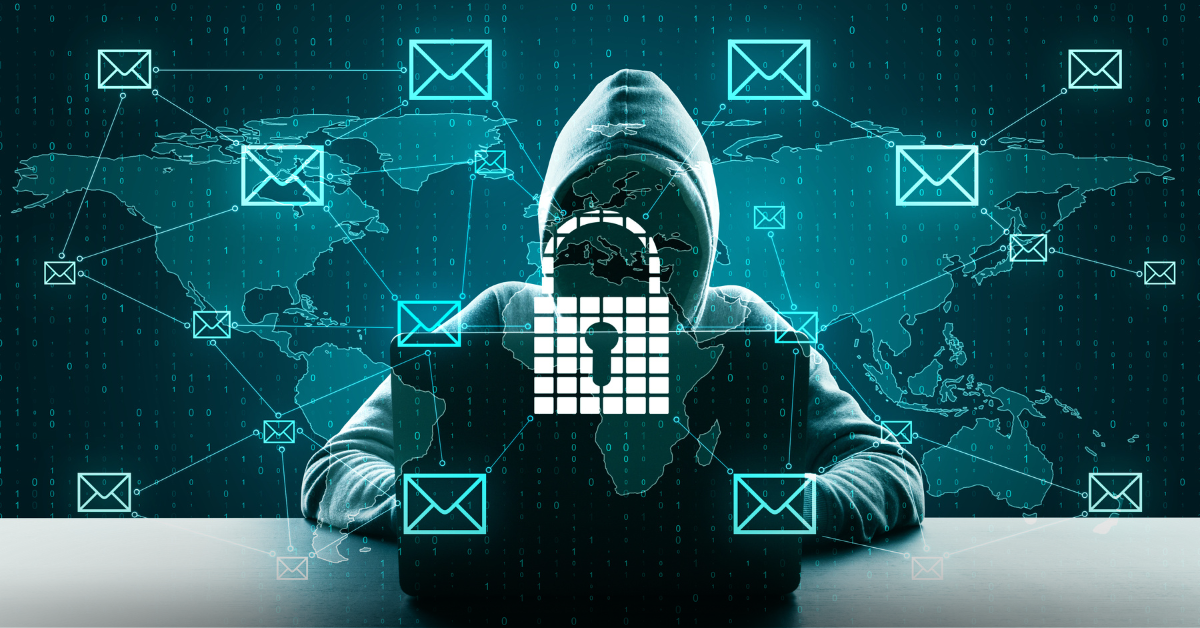
Cybersecurity threats are a major concern for small business owners. Frequent IT issues, system downtime, and growing fears of data breaches can be overwhelming. Protecting your business from these threats isn’t just about staying secure—it’s about keeping your business running smoothly and safeguarding client trust.
If your business is struggling with IT problems, these five cybersecurity best practices will help you fortify your defenses and ensure your operations remain safe.
Why Cybersecurity Matters for Small Businesses
Cybersecurity isn’t just a big business issue. In fact, small businesses are often more vulnerable due to limited resources and outdated systems. A single data breach could lead to significant financial losses, legal trouble, and a damaged reputation.
It’s essential to take a proactive approach to cybersecurity—before it's too late.
1. Implement Multi-Factor Authentication (MFA)
Adding an extra layer of protection
Hackers are constantly finding ways to crack passwords, especially those that are weak or reused. Implementing multi-factor authentication (MFA) adds an extra step to the login process, requiring users to verify their identity using a secondary method, like a mobile text code or biometric scan.
How MFA Protects Your Business
- Reduces the risk of unauthorized access to sensitive systems
- Adds a barrier even if passwords are compromised
- Provides peace of mind for both you and your clients
By using MFA, you significantly reduce the likelihood of a successful breach.
2. Keep Software and Systems Updated
Outdated software is an open door for cybercriminals
Cyber attackers often exploit vulnerabilities in outdated software, making regular updates critical. Many small businesses delay updates, thinking they're time-consuming or unnecessary, but skipping them leaves your business exposed to known vulnerabilities.
Why Regular Software Updates Are Critical
- Security patches fix vulnerabilities hackers can exploit
- Updated systems improve overall performance and reduce downtime
- Automated updates can simplify the process for small businesses
Don’t let outdated software be the weak link in your business’s security.
3. Train Employees to Recognize Phishing Attacks
Human error is the biggest security risk
Your employees are your greatest asset—but they can also be your weakest link when it comes to cybersecurity. Cybercriminals often use phishing emails to trick employees into providing sensitive information or downloading malware.
How to Improve Employee Awareness
- Conduct regular training on spotting phishing emails
- Use mock phishing attempts to test and educate employees
- Create clear protocols for reporting suspicious emails
Investing in employee training is one of the best ways to prevent cyber attacks.
4. Back Up Your Data Regularly
Be prepared for the worst-case scenario
Ransomware attacks are on the rise, and they can leave your business without access to crucial data. Having a reliable backup system ensures that even if your data is encrypted or deleted, you’ll be able to restore your operations without paying a ransom.
Best Practices for Data Backup
- Schedule daily backups and store them off-site or in the cloud
- Test backups regularly to ensure they’re functioning properly
- Make sure backup data is encrypted to prevent unauthorized access
A robust backup plan is essential for business continuity and disaster recovery.
5. Partner with a Trusted IT Security Provider
Don’t go it alone
For many small business owners, managing IT issues and cybersecurity risks on their own can be overwhelming. Partnering with an experienced Managed Services Provider (MSP) that specializes in cybersecurity will provide your business with expert protection, proactive monitoring, and reliable support.
What to Look for in an MSP Partner
- Proven experience in securing small businesses
- A focus on proactive solutions, not just reactive fixes
- Local, reliable customer support for quick issue resolution
A trusted MSP partner can take the guesswork out of cybersecurity, allowing you to focus on growing your business.
Don’t Wait Until It’s Too Late: Protect Your Business Now
Small businesses can’t afford to take cybersecurity lightly. Whether you're worried about a data breach, employee mistakes, or outdated systems, the time to act is now. Implementing these five cybersecurity best practices can drastically reduce your risk and help protect the business you’ve worked hard to build.
Secure your future, safeguard your business, and maintain the trust of your clients by taking cybersecurity seriously today.
Need help building a cyber security plan for your business? Contact us today.







